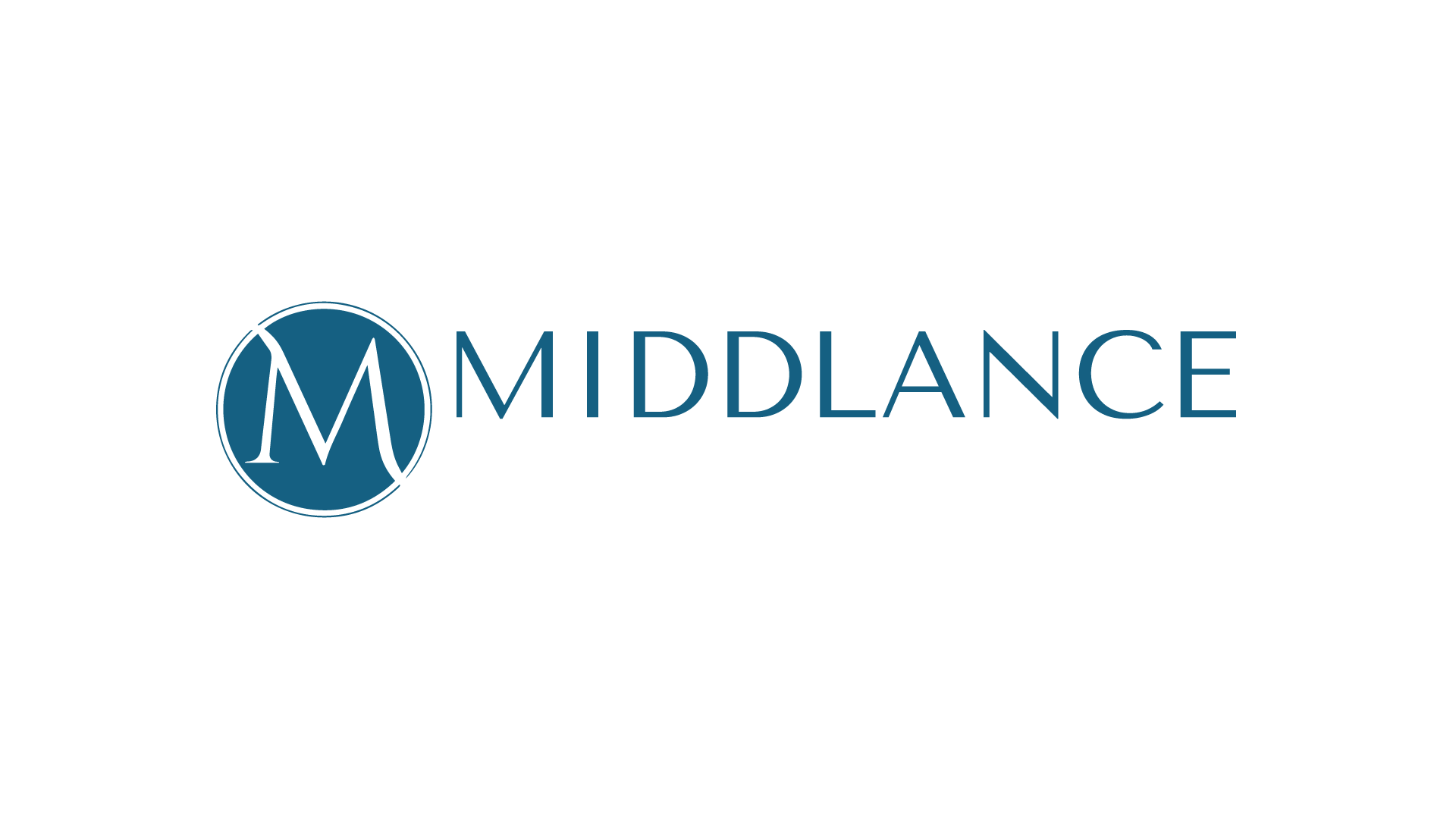Corporate Immigration
Corporate Immigration
Corporate immigration visas allow employers to sponsor skilled foreign workers to address labor shortages and expand their workforce. Corporate immigration can be complex due to strict regulatory requirements. Whether you are a local business or a multination corporation seeking to hire overseas talent, we can simplify the process and help you navigate the complex Australian corporate immigration law, as well as advise on various other challenges of managing an overseas workforce.

TYPES OF CORPORATE IMMIGRATION VISAS
Skills in Demand Visa - Subclass 482
A work visa allowing Australian employers to sponsor skilled overseas workers when local talent is unavailable. Offers short-term, medium-term, and PR pathways.
See More
Employer Nomination Scheme (ENS) Visa - Subclass 186
A permanent residency visa for skilled workers nominated by an Australian employer. It offers Direct Entry, Temporary Residence Transition, and Labour Agreement streams.
See More
Skilled Employer Sponsored Regional Visa - Subclass 494
A temporary visa allowing regional employers to sponsor skilled workers for up to 5 years, with a pathway to permanent residency.
See More
Temporary Work (Short Stay Specialist) Visa - Subclass 400
A short-term visa for highly skilled workers to perform specialized work in Australia for up to 6 months, with no pathway to permanent residency.
See More
Temporary Activity Visa - Subclass 408
Training Visa - Subclass 407
Standard and Accredited Business Sponsorships
Sponsorship Obligations and Compliance
Labour Agreements

